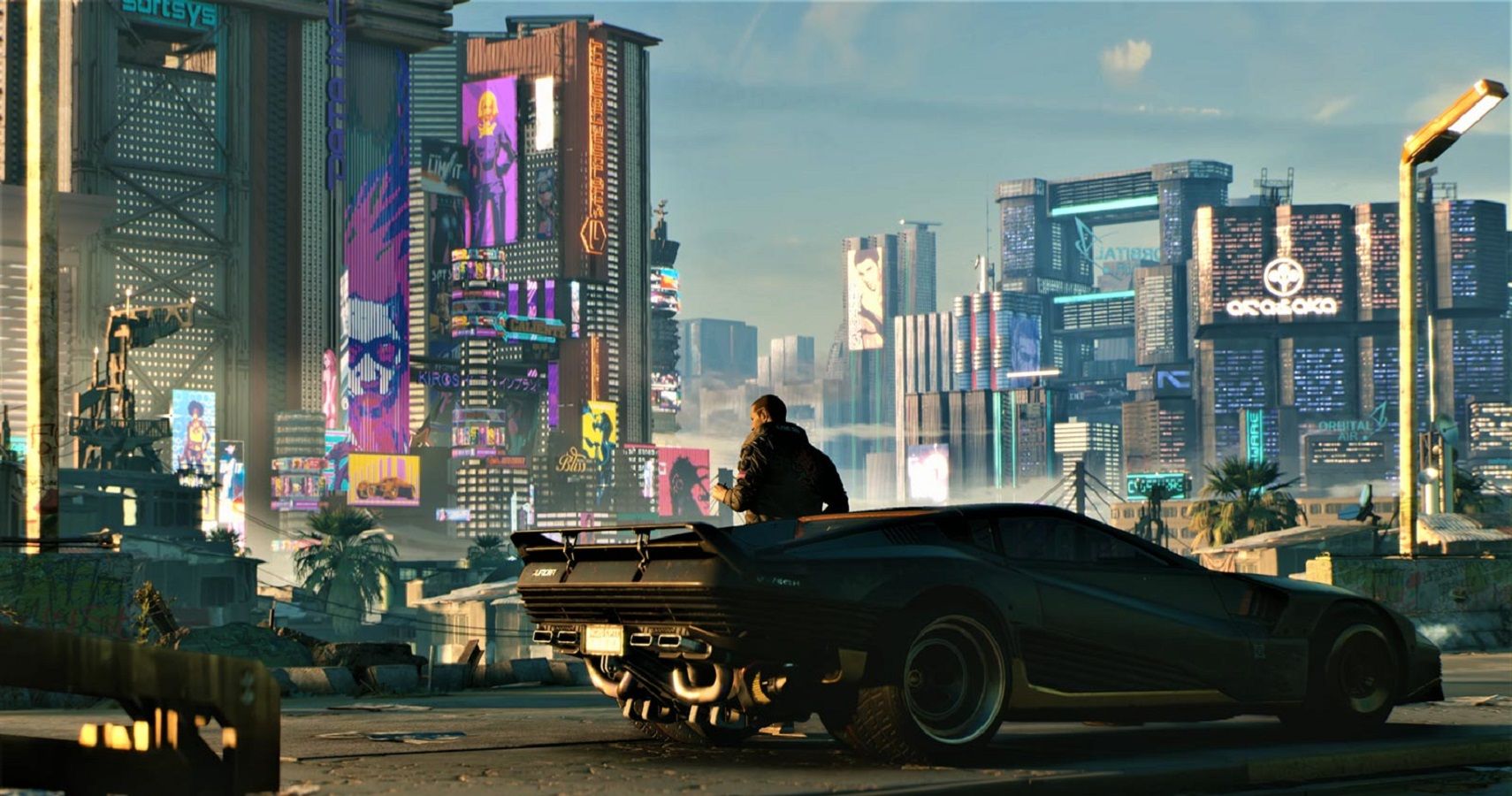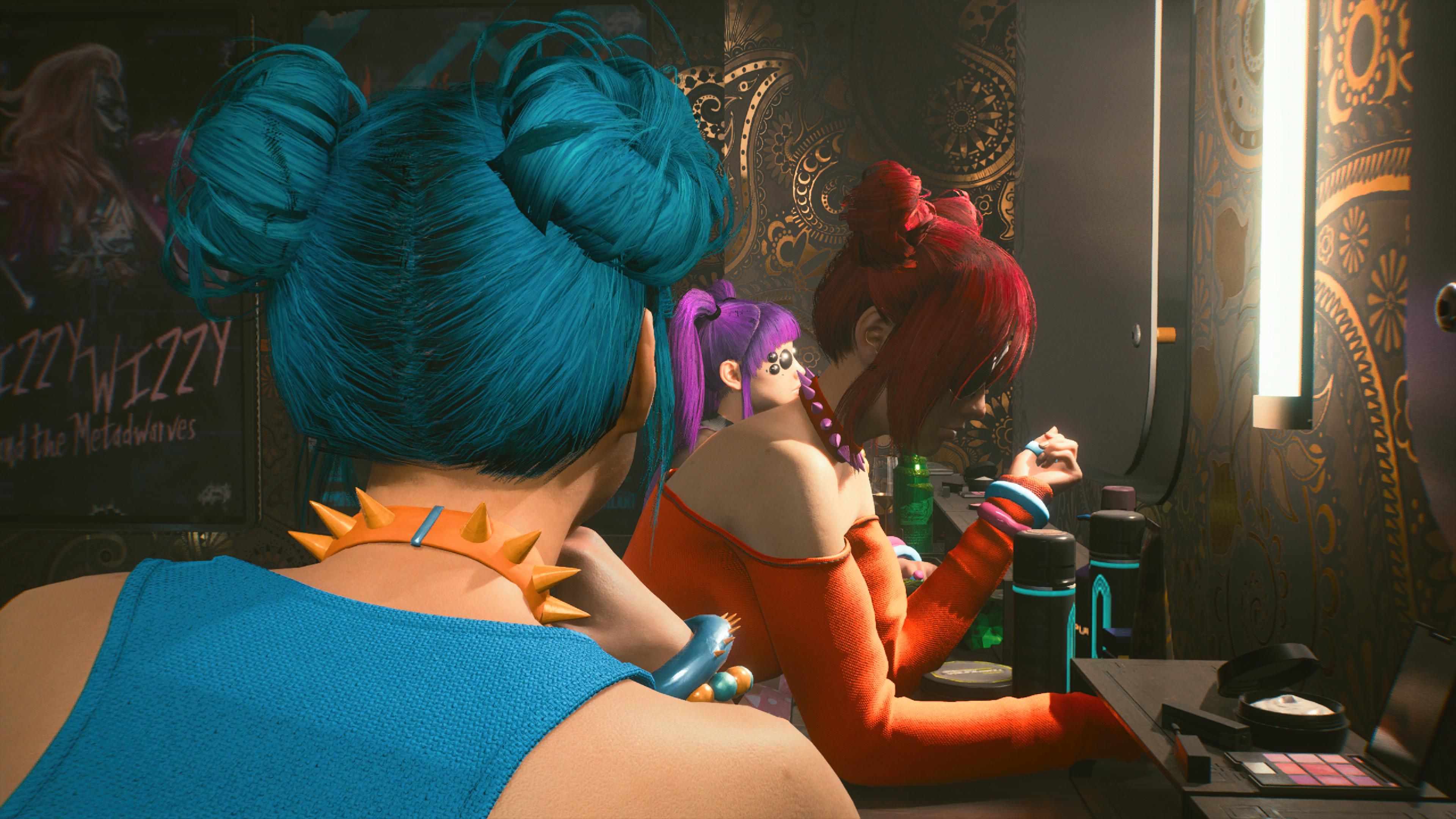Game delays have always been a part of gaming. For a whole host of technical and financial issues, studios, publishers, or developers will opt to delay their games for weeks, months, or sometimes even a year. In the case of titles like Cyberpunk 2077, a game may be delayed multiple times and still might release unfinished. Games can be delayed to specific dates, or from the nebulous ‘late 2020’ to ‘mid 2021’, which suggests that even the revised date may be subject to delay. It happens, and whenever it does, it’s disappointing. But during the pandemic, we should be welcoming delays - so long as they’re done in the right way.
A bad game is bad forever, but a delayed game etc etc - this argument is true, but it’s not necessarily the one I’m making. There’s a context to delays that we have to understand, and they’re not all as easy as ‘release it when it’s ready’. Let’s take Cyberpunk 2077 as an example again, because it’s easily the most high profile example of this phenomenon. Cyberpunk was delayed several times. Every time it was, there was a mixture of reactions from the fans, but there were three main types.
First, the ‘again?’ commenters. These are pretty harmless, just expressing their surprise (or lack thereof) and disappointment with the delay. The second were the death threats - if you send developers death threats because a game is coming out a month later than you thought, you’re a prick. If you send any death threats, you’re a prick, but this is a pretty pathetic reason to. This is rather typical of the internet though; you get some people just memeing and making jokes, and a handful of horrific basement dwellers sending death threats over a video game. It’s awful, but in the context of game delays, it's the third type of response that is much more interesting.
The final category of responders were those saying “take your time,” and this sounds nice enough, but it falls apart as soon as you examine what it means. Cyberpunk 2077 was a game made under heavy crunch conditions. “Take your time” means “please crunch for longer.” That’s why it’s important to understand the context of game delays this year especially. Delays of a crunched game are bad, because it means the crunch is elongated. This extended crunch is sometimes called the ‘death march,’ and for good reason. The solution isn’t to just release a clearly unfinished game - the issue of delaying crunched games is an issue of crunch, not delays. Rather than pushing a team to exhaustion and burnout in pursuit of never before seen rope physics, great games can be made without pushing human beings to their limits.
In the case of Cyberpunk, there wasn’t even the payoff, because it still released in a near-unplayable state on consoles. CD Projekt Red marketed Cyberpunk 2077 as being for the gamers, the delays only ever coming from a place of love, to ensure that players got the best experience they could possibly have. In the end, money talked. The devs were crunched because of money, the game was delayed because of money, and it was released in its broken state because of money. It’s hard to root for a side when its ‘companies should release unfinished games to take advantage of their customers’ vs ‘companies should push their employees to breaking point’. It is possible to make a game without doing either, but gaming’s Overton window has shifted so significantly that a major game made with no crunch is newsworthy.
It’s important to establish that delays aren’t always black and white, but the pandemic adds yet another layer to the issue. Arguably the biggest game delay announcement this year has been Deathloop, pushed back from May to September, having been originally slated for the end of 2020. As disappointing as that might be, the statement as to why the game was delayed was an encouraging one for the industry at large. As well as the usual ‘best experience’ stuff, the statement from Arkane’s studio director said “we also need to do everything we can to ensure the health and safety of everyone in the studio” - during the pandemic, teams are being forced to work remotely, and that means changes to how companies usually do things. If worker safety is a leading cause of the delay, then it should be welcomed - and it probably won’t be the last.
We’ve been in the thick of the pandemic for over a year now, and that means the knock on effect of missed deadlines and delays is only going to grow. It’s always disappointing when a game is delayed, but if it means a safer environment for workers rather than another few months of crunch, we should be celebrating the shifting priorities of game studios. How prevalent this concern for worker safety is across all studios, and what it actually means in practise, remains unclear. But it at least signals that the workers are being acknowledged rather than ground up and thrown out. Hopefully this leads to more delays across the board; better that than extreme crunch in unsafe conditions - and a shift in attitude post-pandemic. And hey, Deathloop devs - take your time.



